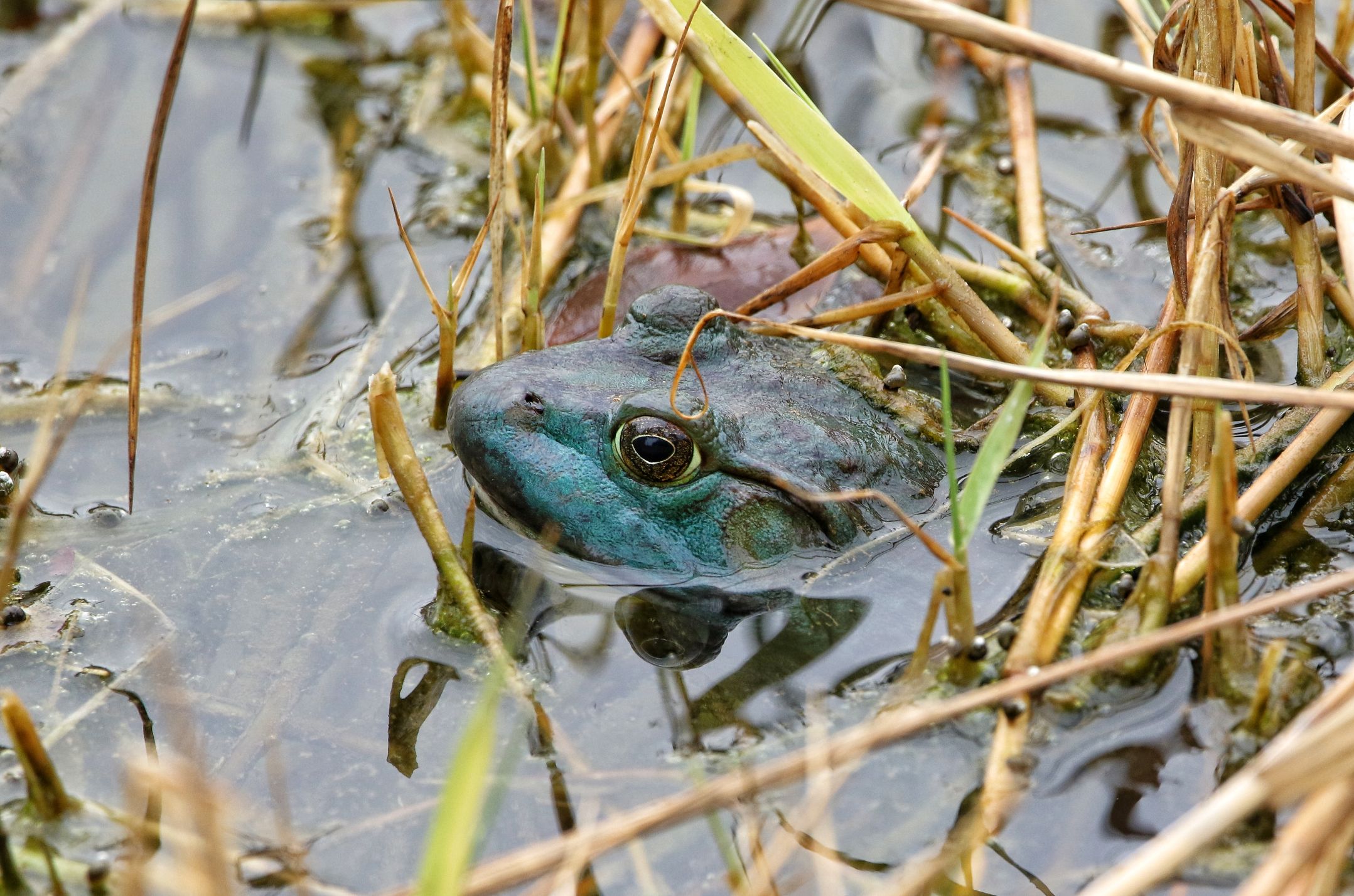We use it every day and can’t live without it. Cooking, washing, showering, or just drinking it – water is so quotidian that many have started taking it for granted.
Water is our world’s biggest treasure, and it has become easily accessible, blinding us to a disturbing reality: Water is scarcer than we think.
Most of our planet is indeed covered by water, but what many of us ignore is the fact that, according to the United States Geological Survey, around 97% is saltwater. Almost no terrestrial animal species, including humans, can drink it.
While technology can make saltwater potable, desalination is a complicated, expensive process that not every country in the world can currently afford.

Even more important is that we cannot be so selfish and think only about humans as the only species who rely on this precious liquid.
Also, the vast majority of the remaining 3% of the water that’s not saltwater is unavailable. Most of it is distributed between ice caps, groundwater and the water in the air – leaving us with a very small proportion.
Less than 1% of the total amount in the world is the water that we can see in a river or a lake, the water that species can actually use, and, because of humans, is becoming more and more scarce.
On March 22, World Water Day was celebrated to generate consciousness about the millions of humans who live without access to clean water. It’s important to raise awareness about treating this liquid as a vital resource for every single species of plant, animal and fungi in the world.
Chinese cities like Shenzhen are also working to not only protect water but also generate more spaces where water is a major characteristic of the landscape. This can positively impact multiple ecological interactions that are needed to regenerate part of what we have destroyed throughout hundreds of years of urbanization.
From an ecological point of view, water is synonymous with life. If you want to find some wildlife in the city, you need to go to a place where there is a pond or a river nearby.

It is a long-established fact that life began in water, and therefore water-inhabiting organisms play a key role in the complex trophic networks of our urban ecosystems by acting as a link between one species and another.
From seemingly insignificant shrimp or a not-too-beloved mosquito larva, all organisms are interrelated through eating for survival.
That is what we call a food or trophic network. Those tiny animals feed little fish and tadpoles that will grow and serve as food for bigger animals like turtles, snakes or birds. If there are no larvae, then there are no frogs; if there are no fish, then there are no birds and so on. There is an uncountable number of interactions that we lose when water bodies are compromised.
For some species, water is only needed as a source of nutrients. For others, water is a requirement for survival. Throughout time, animals and plants have developed adaptations to the environment, and while reptiles like snakes or lizards have evolved a thick, scaly skin to prevent the body from losing water, amphibians like frogs or salamanders have to keep their skin moist to survive, restricting them to a life near a water source.

Another good example is that through evolution, reptiles and birds have developed hard-shell eggs that they can layaway from water, while frogs still need to lay their eggs in water as a necessary survival strategy for their tadpoles to grow and develop.
There is a really promising future for the wildlife in our cities thanks to the governmental efforts to protect and generate those wet green spaces that allow life to thrive. But, this is only part of the solution.
We as humans must start modifying our lifestyles in many ways and become aware of the scarcity of water so that we can stop wasting and polluting it.
Maybe we cannot stop an enormous industry like cattle production, where consumption of water is immense. But by voluntarily deciding to lower our consumption of meat, we can contribute in our way.
Here are several small steps we can take to preserve water:
Turning off the water while brushing our teeth, shaving, or doing the dishes
Taking shorter showers not flushing the toilet unnecessarily
Not throwing trash on the ground or into rivers or lakes
Replacing old appliances for devices that conserve water
Small efforts like those mentioned will become big steps for the conservation of our planet.
Isaac Cohen holds a B.S in Biology, Ed.S Pedagogy and M.S Continental Hydrobiological Resources and is based in Shenzhen. Follow him on Instagram at @cohenwildlife.
[All images courtesy of Isaac Cohen]






















0 User Comments